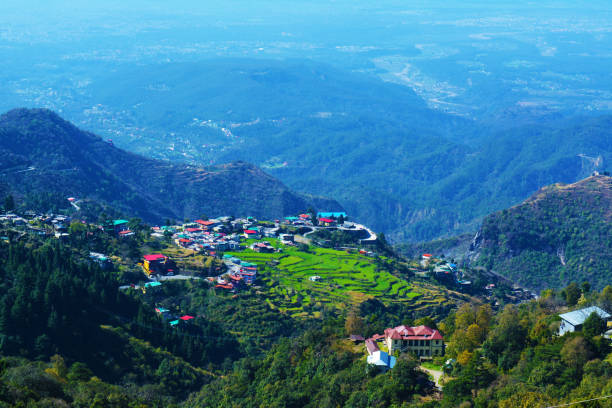Overlanding is the ultimate form of adventure travel, combining exploration, self-reliance, and immersion in nature for an unforgettable experience. It provides a unique opportunity to disconnect from the digital world and reconnect with the natural one. This mode of travel is not about reaching a destination quickly; instead, it’s about the journey itself and all that can be discovered along the way.
Overlanding traces its roots back to Australia’s outback explorers who traversed vast distances over land hence its name. Today, it has evolved into a type of extended adventure holiday where enthusiasts use off-road vehicles to explore remote locations while being completely self-sufficient for days or even weeks at a time.
One key aspect that sets overlanding apart from other forms of adventure travel is its focus on self-reliance. Travelers must be prepared to handle any situation they encounter on their own, whether it’s mechanical issues with their vehicle or navigating difficult terrain without GPS. This requires careful planning and preparation before setting off but also offers an unparalleled sense of accomplishment once you’ve successfully navigated through these challenges.
Another appealing factor is the deep connection with nature that overlanding fosters. By traveling off-the-beaten-path through some of the world’s most stunning landscapes – deserts, mountains, forests – you can fully immerse yourself in your surroundings without distractions from modern life like cell phones or internet access. The slow pace allows travelers to appreciate every moment more deeply than if they were rushing from one tourist spot to another.
Moreover, overlanding encourages cultural exchange as well as environmental awareness and respect. As travelers pass through different regions and communities during their journey, they have opportunities for meaningful interactions with locals which often lead to deeper understanding and appreciation for diverse cultures around the globe.
While overlanding does require certain skills such as navigation and basic car mechanics as well as equipment including a suitable vehicle (typically 4×4) equipped with camping gear among others, it’s not exclusive to the rugged outdoorsmen. More and more families and individuals from all walks of life are discovering the joys of overlanding.
In conclusion, overlanding is indeed the ultimate form of adventure travel for those seeking a unique, immersive experience that combines exploration, self-reliance, and deep connection with nature. It’s about slowing down to appreciate the journey rather than rushing to reach a destination. With careful planning and preparation, anyone can embark on an overlanding adventure which often leads to lasting memories and personal growth.


